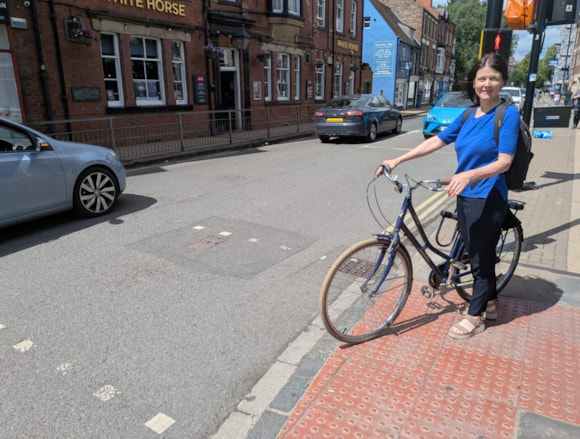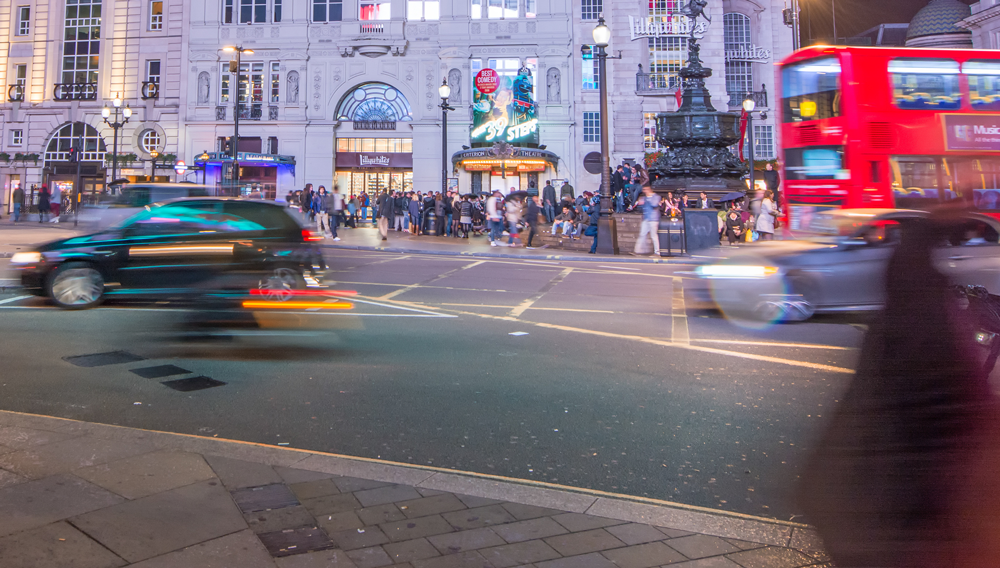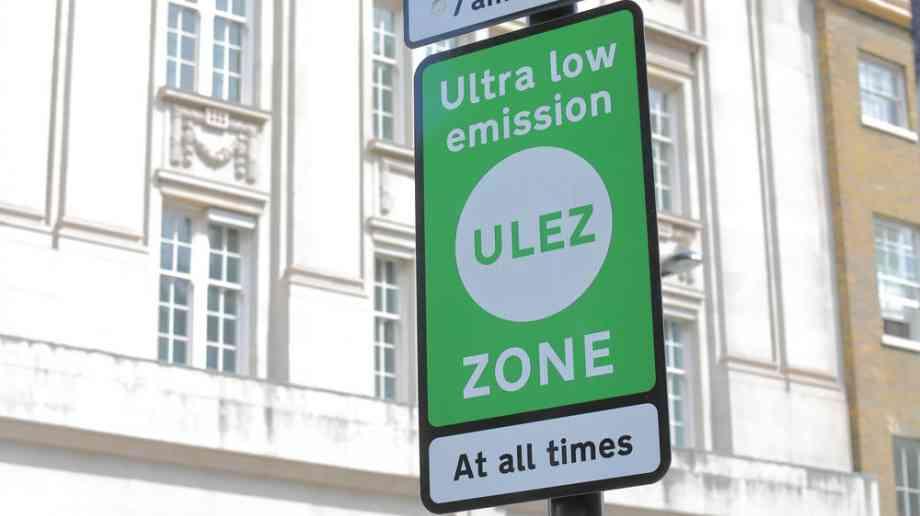Poppy Welch, head of the Go Ultra Low campaign, explains why London’s Ultra Low Emission Zone marks the moment for motorists and businesses alike to choose an electric vehicle
With the introduction of the Ultra Low Emission Zone (ULEZ) in London, now could be the perfect time for motorists and businesses alike in the capital to start thinking about whether an electric vehicle could be right for them. As well as being exempt from the daily charge, there’s a raft of financial and environmental benefits that come with choosing an electric model.
Get in the Zone
The ULEZ, which came into force on 8 April, is the first initiative of its kind in the UK. Covering the same area as the London congestion charge zone, it aims to help improve local air quality by charging older, more polluting, vehicles to enter. However, all pure electric and plug-in hybrid vehicles along with the latest diesel and petrol models are exempt from paying.
The daily charge for entering the ULEZ is set at £12.50, meaning that if you enter the zone every day for a year you could save a potential £4,562.50 by making the switch.
And when factoring in the congestion charge, the savings become even higher. Travelling in the congestion charge zone at peak times on weekdays would cost you £2,909.50 per year, meaning that switching to an electric or plug-in hybrid car can help London motorists avoid spending nearly £7,500 a year.
Savings from the start
Even for those not driving in the ULEZ, the savings for electric vehicle drivers still add up. Thanks to government grants, you can start to save as soon as you purchase your new vehicle. The plug-in car grant gives up to £3,500 off the price of an eligible zero emission electric car and up to £8,000 off the price of a new electric van using the plug-in van grant.
Looking beyond the initial purchase cost, electric vehicles also offer great day-to-day savings too, with lower maintenance costs, reduced or free road tax, free parking in many areas and cheaper fuel costs.
In fact, fully electric cars can cost from as little as 3p per mile in fuel, compared to 8-11p for even the most fuel-efficient petrol and diesel cars. Meanwhile, maintenance costs can be around 70 per cent cheaper when compared to the petrol or diesel-powered alternatives.
More than just money
The benefits of electric cars and vans go far beyond just financial savings. Pure electric cars and vans, and plug-in hybrids driven in electric mode, produce no tailpipe emissions, which can dramatically improve local air quality.
What’s more, choosing a car that helps the environment doesn’t mean you have to make a sacrifice when it comes to quality or choice. Almost all pure electric cars can easily drive 100 miles on just a single charge and the latest models have a range of more than 200 miles. Plug-in hybrid models can cover the majority of shorter journeys in electric mode, but also have an internal combustion engine for longer journeys.
Charging is becoming easier all the time. According to Zap-Map, there are more than 22,000 charge point connectors in over 8,000 locations, as well as this there are more than 1,700 rapid chargers, meaning the UK has one of the largest rapid charge networks in Europe.
Join the movement
If you think that an electric car is an unusual choice, then think again – the number of electric cars and vans on the roads is growing rapidly. There are more than 40 pure electric and plug-in hybrid cars on sale and 10 vans, with another 20 new cars due to be released this year.
London is already a leader when it comes to low emission transport, with the most electric cars, taxis and buses in the country. In the first quarter of this year, plug-in car registrations were up an incredible 43 per cent in the capital.
While London is leading the charge, motorists and businesses around the country are making the switch to electric cars. More than 200,000 have been registered in the UK to date and 2018 marked a record year for the market – with a seventh consecutive year of growth. Almost 60,000 pure electric and plug-in hybrid vehicles took to the roads, with a new car registered every nine minutes.
Time to switch?
While a number of other cities due to follow suit over the coming years, what is clear is that the move to electric vehicles isn’t slowing down anytime soon.
For those deciding between a new 100 per cent electric, plug-in hybrid, petrol or diesel car, the number of factors to consider and information to take in can sometimes be overwhelming.
It’s important companies choose the right vehicle for their own needs. For those that are considering the benefits of switching to an electric vehicle, have your questions answered and see which model is best for you by visiting the Go Ultra Low website below.






